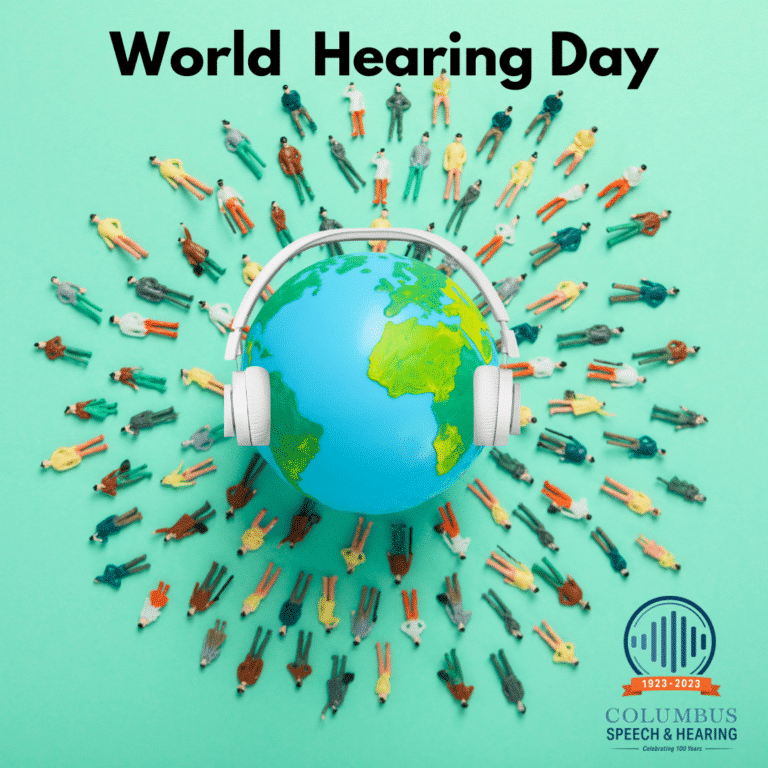
Every year on March 3, the World Health Organization (WHO) recognizes World Hearing Day. This year’s theme is “Ear and hearing care for all!”
Ear and hearing problems are among the most common problems encountered in the community. Approximately 48 million people in the United States have some degree of hearing loss. Some were born deaf and hard of hearing, while others developed hearing loss later in childhood or as an adult. Regardless of the cause, intervention for hearing loss can offer life-changing benefits to people of every age.
World Hearing Day is a great opportunity to bring about needed change. This year’s observance theme, “Ear and hearing care for all!” is particularly important when considering hearing loss is often preventable through individual and public health measures. Moreover, hearing loss—which can significantly affect a person’s daily life—can be addressed through various approaches.
Hearing loss can negatively affect a child’s speech and language development, academic success, and social and behavioral skills without appropriate intervention. In adults, unaddressed hearing loss can lead to a poorer quality of life marked by challenges in areas such as physical and mental health, personal relationships, career growth, and cognitive abilities as one ages (including earlier onset of dementia).
At any age, at any stage in life: If a person notices signs of hearing loss or is concerned about their or a loved one’s hearing, they should have their hearing tested. A licensed audiologist can conduct a full hearing evaluation. Not only can an audiologist measure exact hearing levels, but they can also rule out other medical conditions that could be causing hearing difficulties.